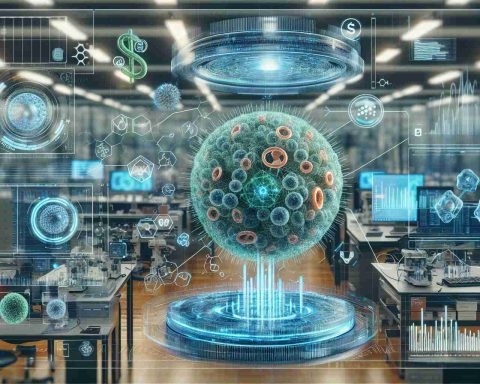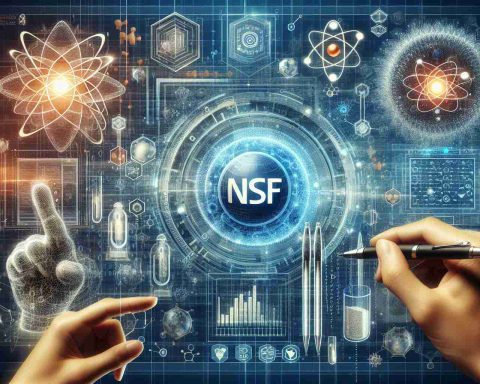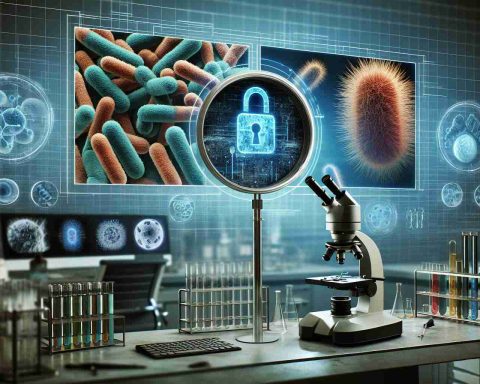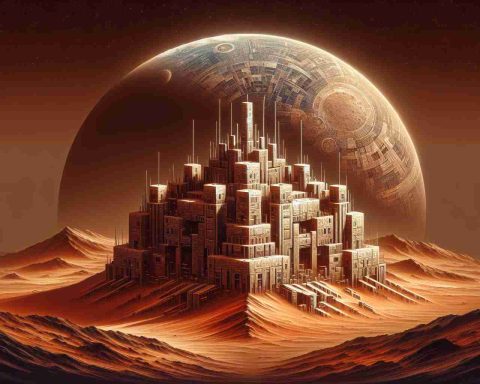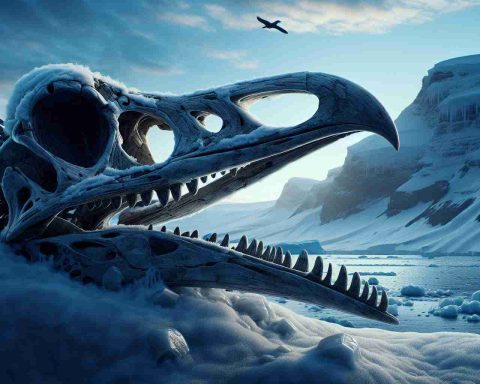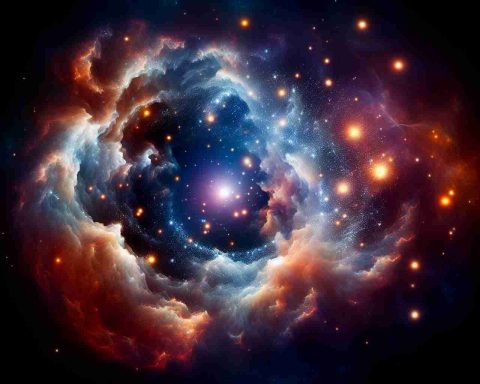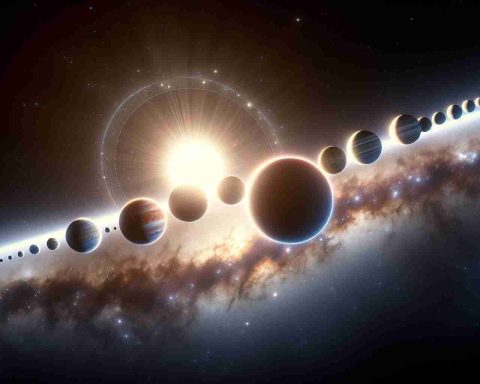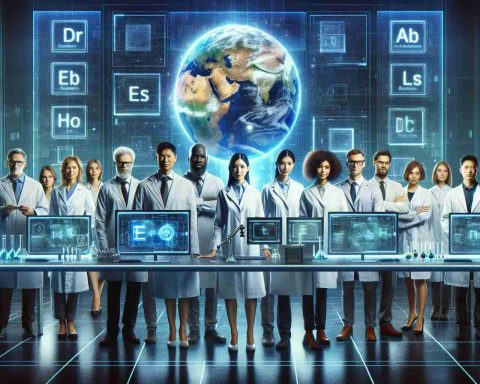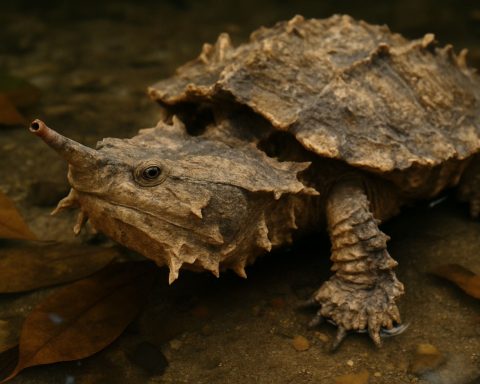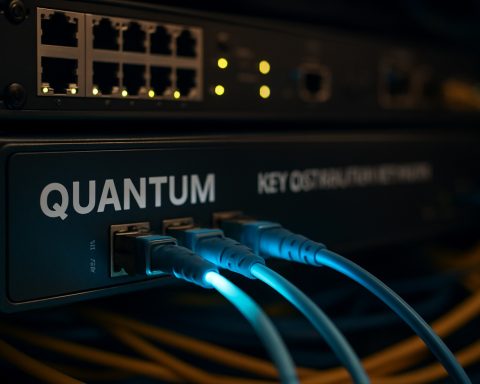Evolution - Page 25
Evolution is the process by which different kinds of living organisms develop and diversify from earlier forms over successive generations. It explains the changes in the genetic and phenotypic traits of populations through mechanisms such as natural selection, mutation, gene flow, and genetic drift. This biological concept seeks to understand how species adapt to their environments, survive, and increase their complexity over time. Evolution operates on the premise that all living organisms share a common ancestor and that the diversity of life on Earth is the result of gradual changes driven by evolutionary pressures over long periods. The theory of evolution is foundational to the biological sciences, providing a framework for understanding the history of life and the relationships between various forms of life.

